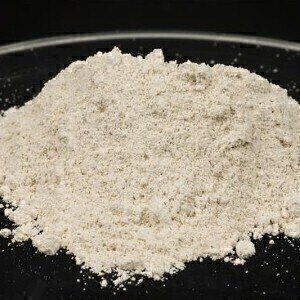-
 Treatment of heroin addiction could be transformed by new findings.
Treatment of heroin addiction could be transformed by new findings.
News
Heroin study could change addiction treatment
May 27 2011
Research conducted by the Department of Drug Abuse Research at the Norwegian Institute of Public Health disputed previous beliefs that heroin addiction is a form of morphine addiction, as it is metabolised to morphine within the brain.
However, Fernando Boix and colleagues found that it is not primarily morphine, but the metabolite 6-monoacetylmorphine (6-MAM) which causes the sense of euphoria by crossing the blood-brain barrier to cause the intoxicating effects.
He explained that it is likely that the findings will create new methods of treatment, as it suggests that it is 6-MAM rather than the heroin itself which is addictive.
"Heroin is a peculiar substance. It has a very strong effect and is one of the most addictive drugs we know. But when heroin is tested directly on brain cells, it has very little effect," Mr Boix said.
However, he suggested that vaccines against heroin addictions are unlikely to work because of the rapid conversion into 6-MAM.
Digital Edition
Lab Asia Dec 2025
December 2025
Chromatography Articles- Cutting-edge sample preparation tools help laboratories to stay ahead of the curveMass Spectrometry & Spectroscopy Articles- Unlocking the complexity of metabolomics: Pushi...
View all digital editions
Events
Jan 21 2026 Tokyo, Japan
Jan 28 2026 Tokyo, Japan
Jan 29 2026 New Delhi, India
Feb 07 2026 Boston, MA, USA
Asia Pharma Expo/Asia Lab Expo
Feb 12 2026 Dhaka, Bangladesh


















